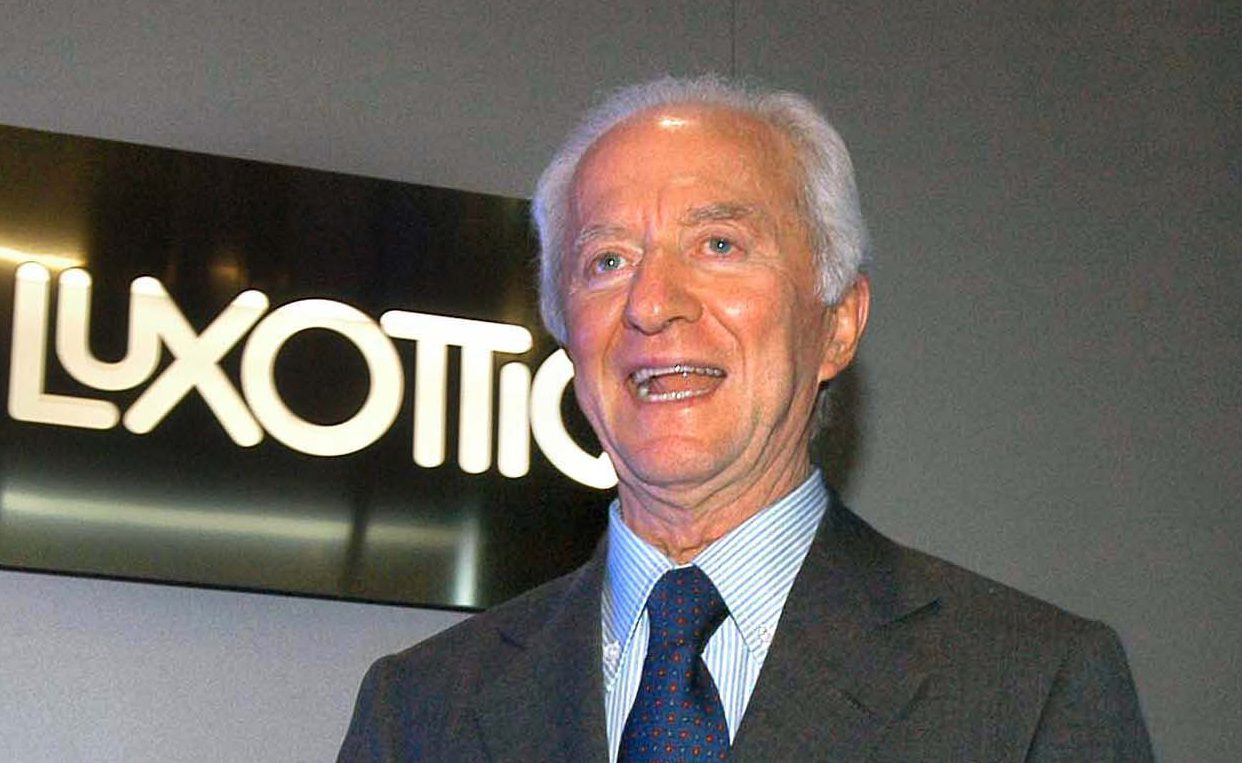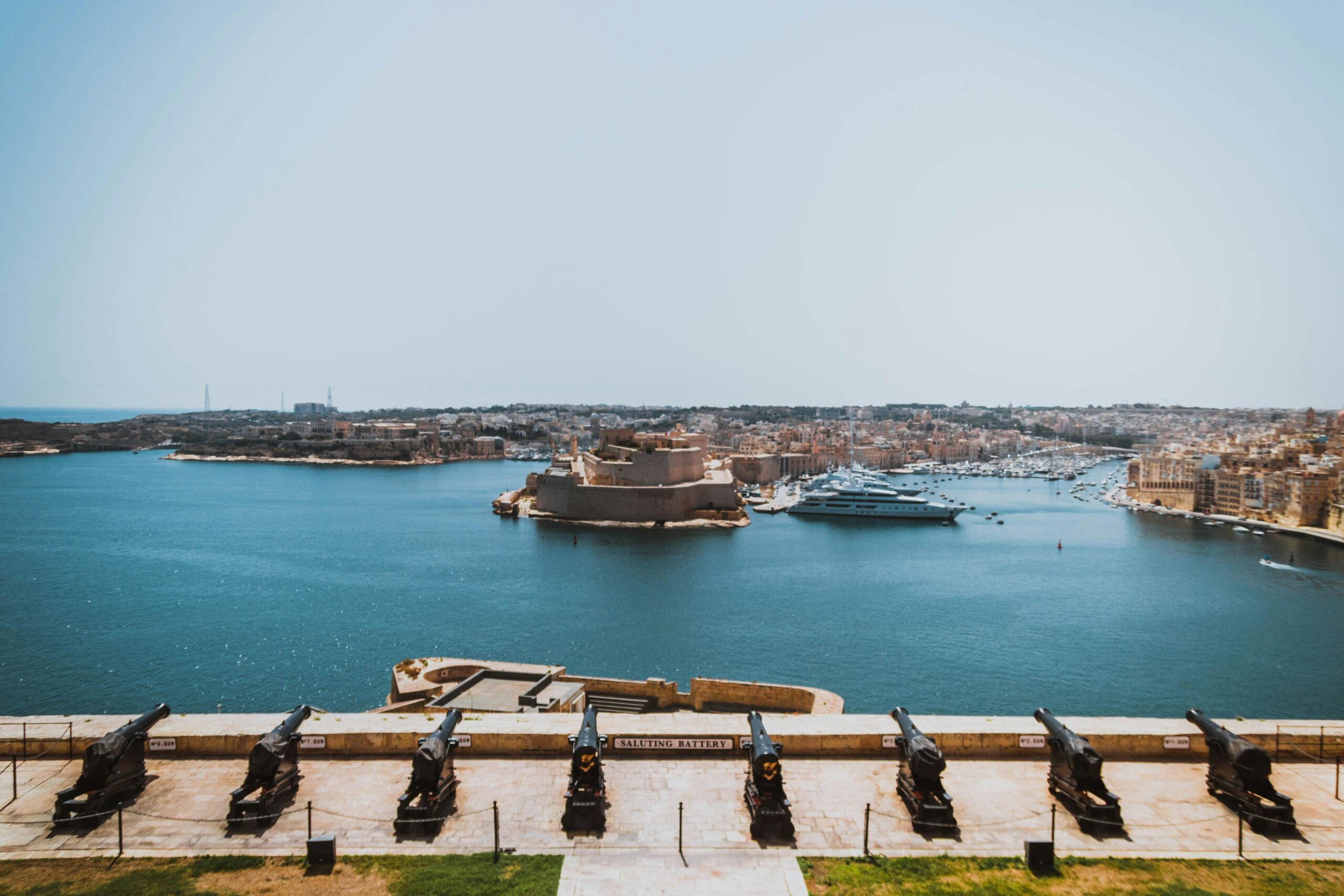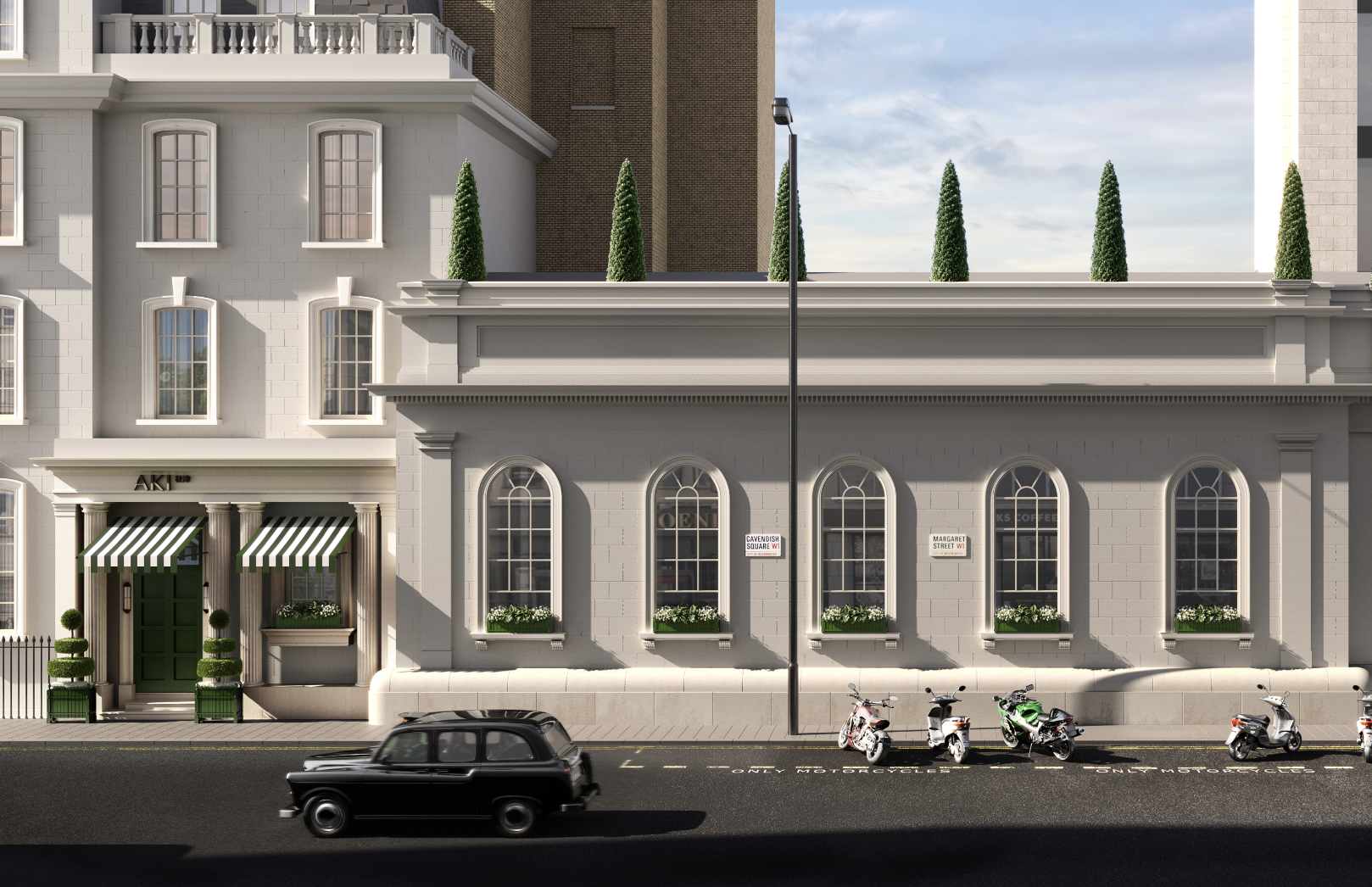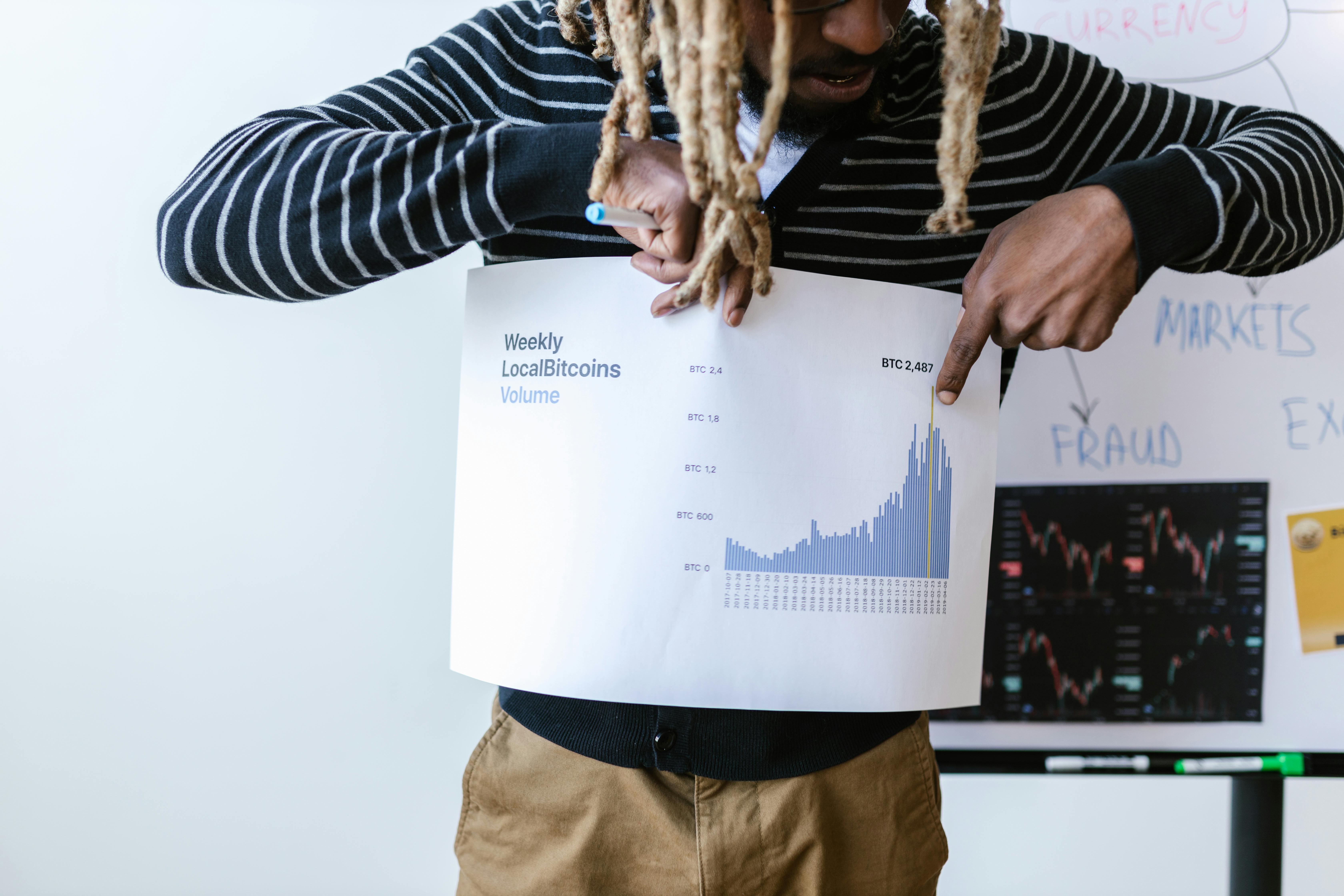Leonardo Del Vecchio, Italy’s second richest man, passed away on Monday at the age of 87, after spending the last weeks in intensive care at Milan’s San Raffaele hospital.
Mr Del Vecchio founded and retained a majority stake in Luxottica, the world’s largest eyewear company, estimated to control around 80 per cent of the major brands in the space.
These include Ray-Ban, Oakley, Prada, Chanel, Dolce & Gabbana, Versace, Burberry, Ralph Lauren, Tiffany, Bulgari, Vogue, Persol, Coach, Costa, DKNY, Michael Kors and Miu Miu.
It also owns and manages many of the stores selling spectacles, including Sunglasses Hut, LensCrafters, Oliver Peoples, Pearle Vision, Target Optical and Sears Optical.
Perhaps the most prominent example of a vertically integrated company, Luxottica designs, manufactures, distributes and retails its product. It is credited for helping to make eyewear fashionable.
Born in 1935 in Milan to a poor family, Mr Del Vecchio spent part of his youth in an orphanage. His father was a vegetable hawker who died before he was born, while his mother had four other children.
The company announced his death on social media, saying: “Today, the world has lost a visionary: an entrepreneurial genius, a good friend to many, and an all-round incredible man.”
In a true rags-to-riches story, by the time of his death his fortune was worth an estimated €25.8 billion, according to Forbes’ 2022 World’s Billionaires List.
After a 2017 merger with Essilor, the company he founded is today worth an estimated €66 billion.
Davide Faraone, an Italian Senator forming part of former Prime Minister Matteo Renzi’s Viva Italia party, paid homage to Mr Del Vecchio in a Facebook post.
He described him as an “extraordinary man, a great Italian.
“It’s a loss for us all,” he said.
Featured Image:
Malta’s dramatic increase in cost of living: visualised
Price levels rising from 84 per cent to 93 per cent of the EU average
Malta’s contemporary Japanese restaurant Aki to launch in London this September
The London venue is a Grade II-listed former bank, a stone’s throw from Oxford Circus
Poland to trial 4-day work week, and Greece a 13-hour day. Where does Malta stand?
Europe is debating working hours across the board






